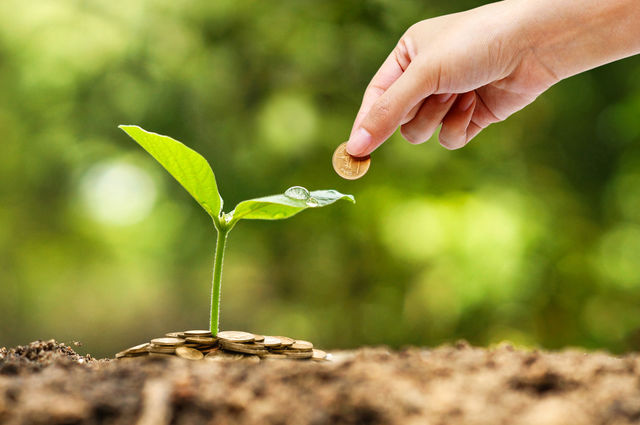The price of hotel sustainability: willing-to-stay and willing-to-pay?
20 experts shared their view
A recently published large-scale survey points out that the vast majority of travelers are keen on staying at hotel properties that engage in sustainability (1). Willingness-to-stay (WTS) is important to the extent in which hotels can capitalize on their sustainability endeavors through transparent communication. However, the same travelers seem to have difficulty in finding hotels committed to sustainability or simply are not aware that those hotels even exist (2); a topic discussed by the World Panel on Sustainability in Hospitality earlier this year (3). Beyond WTS, hoteliers are particularly interested in the willingness-to-pay (WTP). Findings from academic research are mixed, but recent studies point out that the willingness to pay a price premium to stay in hotels that have implemented sustainability practices is linked to the level of environmental concerns showed by individuals (4). Because ultimately, the price guests pay to stay at the property remains a major driver or barrier for travel decisions.
How should the industry communicate the added value of sustainability (rather than added cost) that resonates with guests that espouse similar values? How should the industry communicate to other segments which do not share the same values? How do we transform the perception that sustainability measures are simply a cost-reduction strategy rather than valuable and essential practices in this day and age?
As research shows, travellers globally do think that sustainability is vital (83%). With 61% of people saying the pandemic has made them want to travel more sustainably in the future, the global crisis is further increasing people's consciences. We also know that sustainability is a leading focus area for the industry, with three out of four accommodation providers saying they have implemented sustainable steps at their property. And yet, despite the customer appetite, only one-third (31%) of those providers communicated about their efforts proactively to guests.
Evidently there is a role for the industry to increase their communication around their sustainability efforts, and doing so in a simple way that it makes it easy for guests to choose more sustainable options. Encouraging the modification of guest behaviour is a good way for hotels to improve their footprints (e.g. turning down air conditioning when leaving the room, towel re-use, and reducing food waste). However, this needs to be combined with information about the other activity the hotel is carrying out, both to protect the environment and within their communities, so that it isn't seen as just a cost-reduction strategy and demonstrates the wider impact their efforts are making.
Willingness to pay should also not be a barrier for booking a sustainable hotel as sustainability should not necessarily be costly for hotels to implement. A sustainable building is at least 20% more resource efficient which reduces utility costs, and our research shows that sustainability upgrades can have payback periods of less than one year.
Sustainability is an increasing trend not just for leisure travellers, but with corporate clients too, keen to limit their scope 3 emissions. Consequently, it also raises the need for consistency of reporting and recognition for the whole impact rather than cosmetic greenwashing. For example, our Hotel Carbon and Water Measurement Initiatives are free tools that enable every hotel to monitor their impact and support their targets for reduction. The data can then be used to accurately benchmark against other properties, for example in the Cornell Hotel Sustainability Benchmark Index (CHSB) to provide a comparison of energy, water and carbon usage for properties in similar geographies and type.
With demand for sustainability never higher, and activity increasing across the industry, now it the time for hotels, and other participants in the customer journey, to maximise and simplify their communications so their sustainability efforts are being fairly recognised and further encouraged to ensure that hospitality is making a lasting positive impact on our planet and its people.


